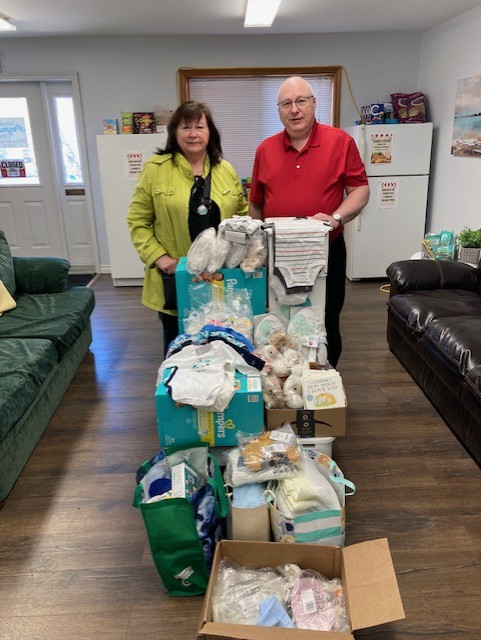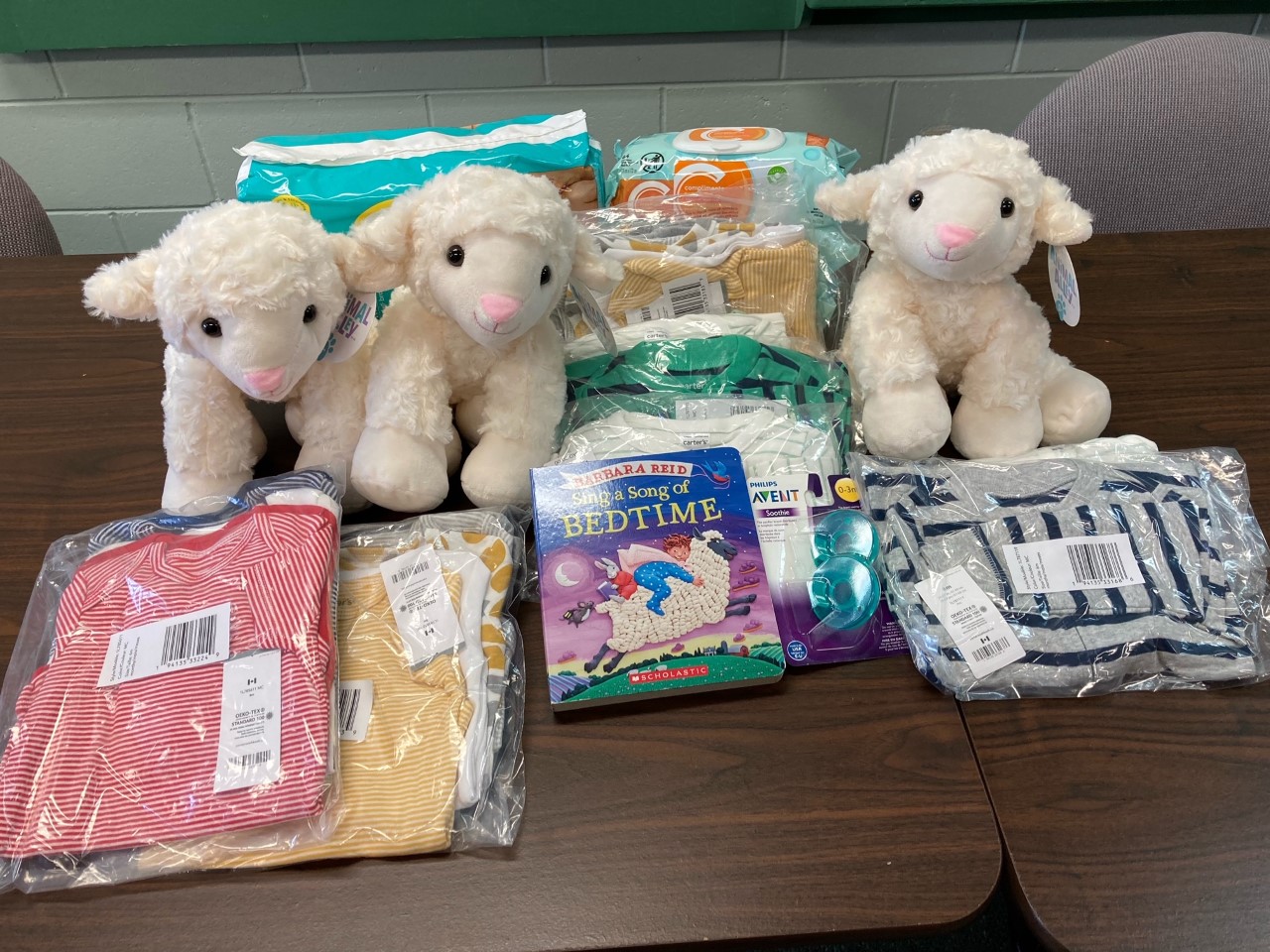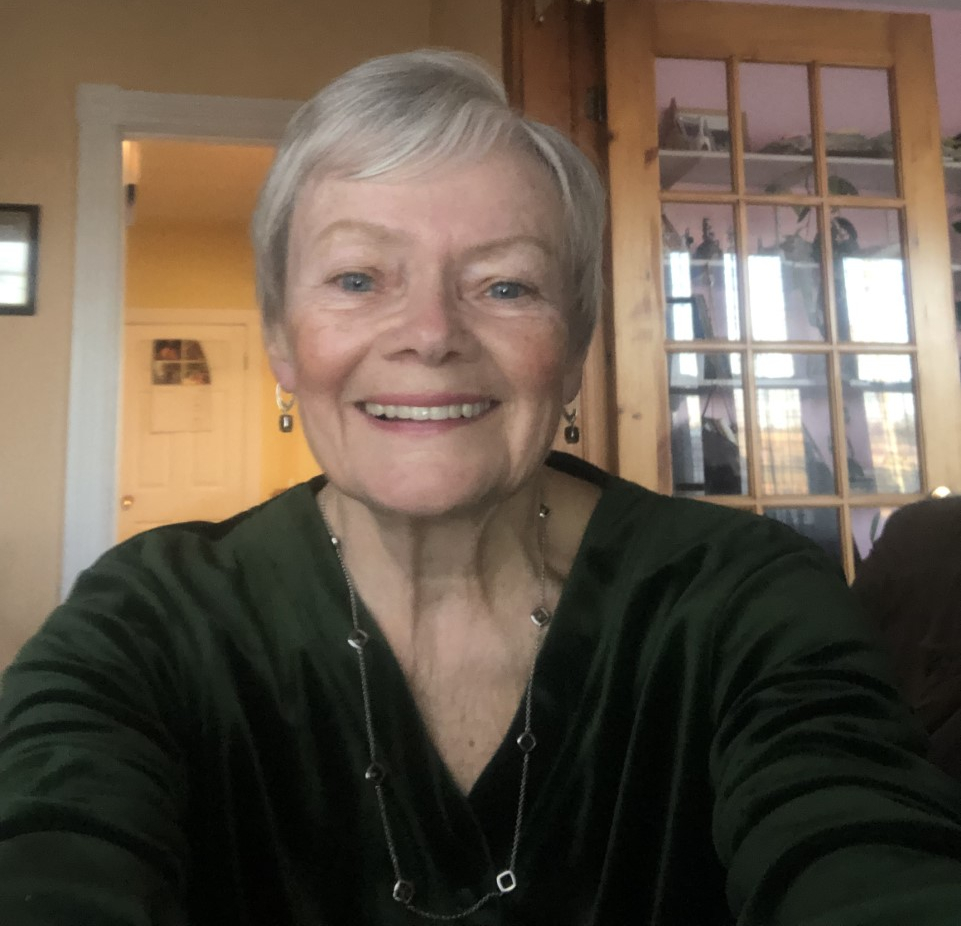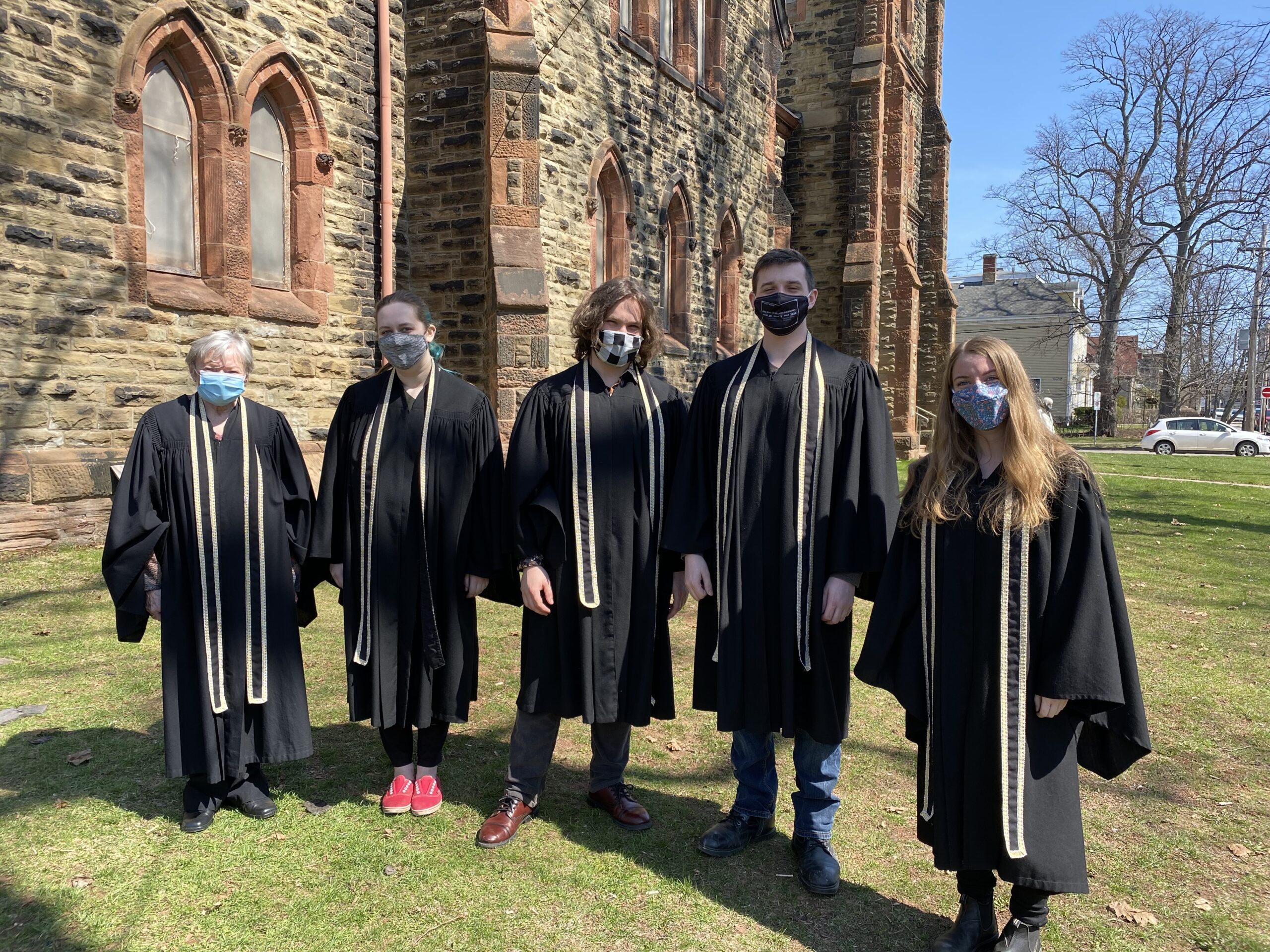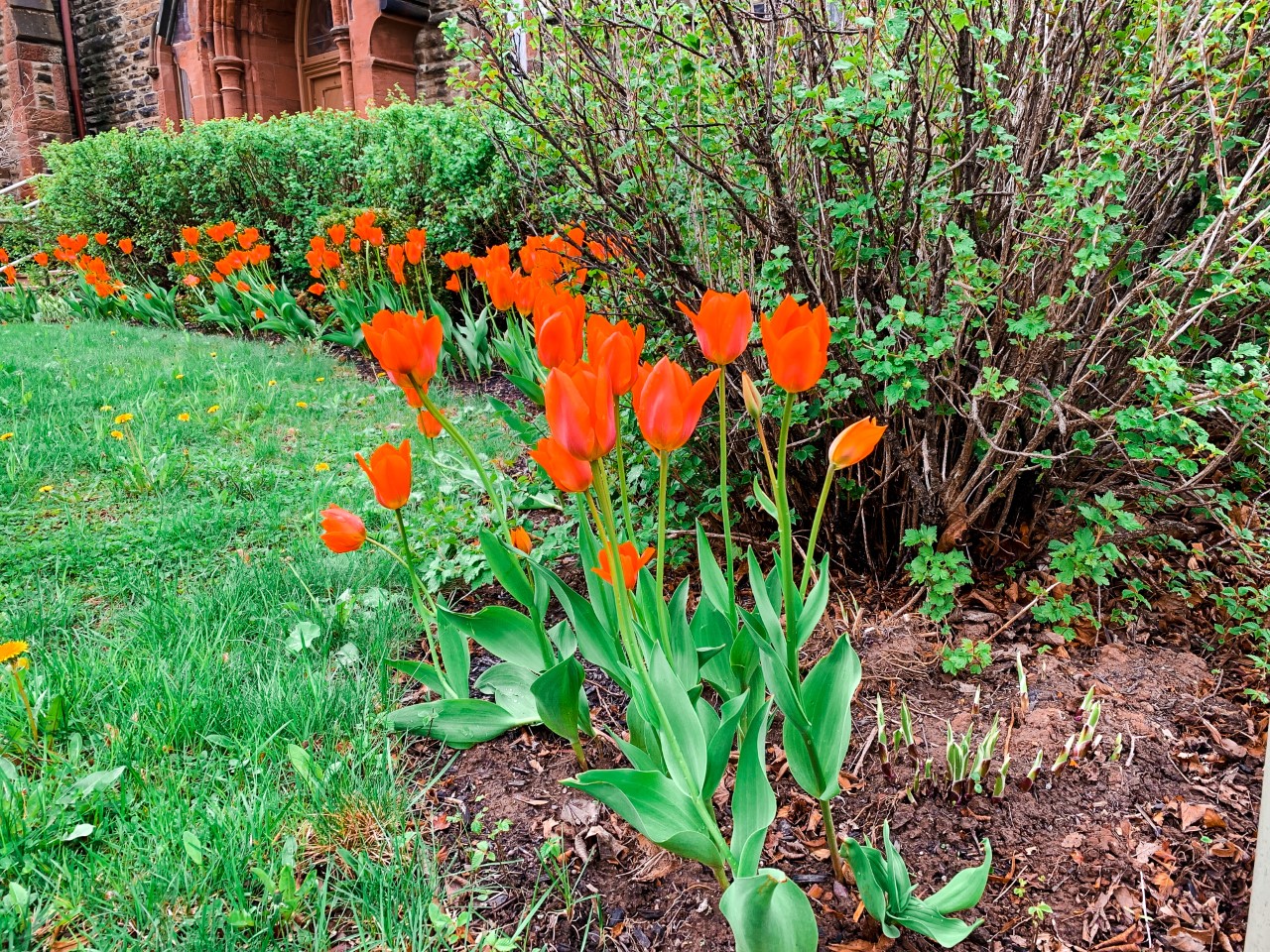July 2021
During the month of June, 2021, three horrific discoveries of unmarked graves near the sites of former Residential Schools have been announced. The first, near the Kamloops Indian Residential School in BC, announced by the Tk’emlứps te Secwépems people, was of an estimated 214 unmarked graves. The second, of an estimated 751 unmarked graves, was announced by the Cowessness First Nation near the site of the Marieval Indian Residential School east of Regina, Saskatchewan. The third discovery, announced by the Ktunaxa Nation near the St. Eugene’s Mission School outside Cranbrook, BC, was of an estimated 182 unmarked graves. Searches of other former Residential School sites for unmarked graves are taking place at the current time, and more saddening discoveries are likely to follow.
While all of the three schools noted above were run by the Roman Catholic Church, Residential Schools were operated by a number of Christian denominations, including the Presbyterian Church in Canada. In this context, the following Joint Statement from the Current and Former Moderator Regarding Residential Schools was issued.
June 15, 2021
We issue this statement of repentance and commitment to action today, aware of our own responsibility with regard to the sin of colonialism and our operation of residential schools, both of which we recognize today as instruments of a genocide against Indigenous people in what is today called Canada. The devastating revelation of 215 unmarked graves on the grounds of Kamloops Residential School in British Columbia leads the church to a time of listening to learn what is needed to continue its work of reconciliation, and so we have prepared this statement in consultation with the National Indigenous Ministries Council of The Presbyterian Church in Canada. We also offer lament, in humility, for the lives of all the children who were lost; those we already knew, those who were just found, and any more still to be found.
Living Faith reminds us that God is always calling us to seek justice in the world, and that justice is seen when we strive to change customs that oppress and enslave, protect the rights of others and protest anything that destroys human dignity. (8.4.1–3) Justice requires commitment and action. In 2019, The Presbyterian Church in Canada repudiated the Doctrine of Discovery and terra nullius—major components of colonialism, and in 2016 we committed ourselves to the United Nations Declaration on the Rights of Indigenous Peoples as framework for reconciliation. It is in acknowledging these requirements and calls of our faith that the church commits itself to the work and repentance named here.
The Presbyterian Church in Canada operated eleven residential schools for Indigenous children, with the first opening in the mid 1880s. The names of those schools are: Ahousaht Residential School in British Columbia, Alberni Residential School in British Columbia, Birtle Residential School in Manitoba, Cecilia Jeffrey Residential School in Kenora Ontario, Crowstand Residential School in Saskatchewan, File Hills Residential School in Saskatchewan, Muscowpetung (later known as “Lakesend”) Residential School in Saskatchewan, Portage la Prairie Residential School in Manitoba, Regina Industrial School in Saskatchewan, Round Lake Residential School in Saskatchewan, and Stoney Plain Residential School in Alberta. In 1925 all but two of the schools that were still open were transferred to the United Church of Canada which was established as a result of the Church Union Movement. The two schools the PCC continued to operate after 1925 were Birtle Residential School and Cecilia Jeffrey Residential School. Though the church first offered formal apology and confession to God and to Indigenous peoples in 1994 for our role in running these schools—places from which many students never returned and which caused emotional scars and trauma on generations of Indigenous communities—the harm from these schools and other colonial practices continues today and so too does our need for confessing. Meaningful apology and the reconciliation that can come of it requires listening to the Indigenous communities and families we have harmed, asking what work is needed for healing and then acting on it. The work that is required will change over time, as circumstances change; as more information is uncovered that may reopen wounds; as the depth of harm of colonialism is understood; as ways are found that the church can be an ally and a voice for justice again. The work required will change too as healing happens.
The listening required is also not a one-time event, but part of a relationship that develops over time. In listening, we have heard that even the children or grandchildren of those who attended Indian Residential Schools are more likely to have serious physical or mental health concerns, more likely to be taken from their homes into foster care, and more likely to attempt suicide than Indigenous children who do not have a parent or grandparent that attended residential school. This is because of intergenerational trauma,that can cause cycles of harm and broken relationships in families if not healed.
Hearing this, we have asked what we could do that would help heal that trauma; reconciliation requires no less. And in conversations with Indigenous members of this community, The Presbyterian Church in Canada, we have heard what is needed today:
We have heard The Presbyterian Church in Canada must work to ensure the grounds of the residential schools we ran—and especially Birtle and Cecilia Jeffrey, which we ran the longest—are searched for any unmarked graves. We must also ensure any search is taken in respectful consultation with the Indigenous communities and families impacted; this would include financial support from the church for those searches. We commit to this work.
We have heard that any work to address the legacy of Indian Residential Schools must also address the ongoing inequity faced by today’s Indigenous children, and we are asked to seek justice through advocacy for the rights of all Indigenous children. We commit to this work.
We have heard The Presbyterian Church in Canada must confront and address colonialism and systemic racism against Indigenous people in both the church and Canadian society. This systemic racism and colonialism shape the daily lives of Indigenous people in the church and in society in daily acts many take for granted, such as accessing healthcare, access to clean drinking water, equity in education, and equitable treatment in court systems. We have seen how this systemic racism has resulted in incidents like how Joyce Echaquan was treated before her death when she sought access to heath care, in significantly higher rates of violent encounters with police, and in significantly higher rates of child apprehension into foster care systems, to name just a few examples. As disciples of Christ, the church is called to work for justice by advocating for an end to these and other similar injustices against Indigenous people. We commit to this work.
We have heard that it is important to support the recommendations recently issued by the Native Women’s Association regarding ending the crisis of Missing and Murdered Indigenous Women and Girls as well as continuing to support the Truth and Reconciliation Commission’s Calls to Action and the Calls for Justice that stem from the Final Report of the National Inquiry into Missing and Murdered Indigenous Women and Girls. We commit to this work.
Because the residential schools operated for almost nine decades, harming generations of communities, true healing and reconciliation will require a lengthy journey over generations and a great deal of work to heal that harm. The discoveries of unmarked graves continues to lead to unspeakable grief and ongoing harm in communities across our country. Reconciliation is a long road that requires acknowledgement of harm, apology for taking part in that harm, concrete steps to redress the harm, and the rebuilding of broken relationships. We are called as disciples of Christ to reconciliation and to justice; this is work the church must do and commits to doing.
—The Rev. Dr. Daniel Scott Moderator of the 2021 General Assembly
—The Rev. Amanda Currie Moderator of the 2019 General Assembly

